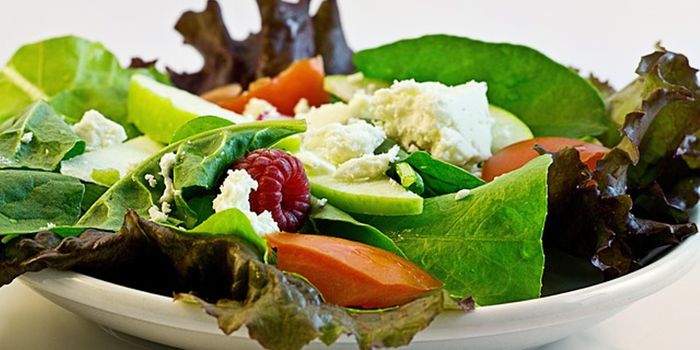The Right Diet Can Help Heart Health & Lower Inflammation
Most people know that certain foods are better for our health than others. Some types of food can increase, while other types may decrease inflammation, which is known to be involved in many different diseases. Processed and red meats, refined grains, and excess sugars have all been linked to increased inflammation. Diets high in these kinds of foods are known to raise the risk of heart disease and stroke compared to diets that include anti-inflammatory foods. New work reported in the Journal of the American College of Cardiology has confirmed these findings, while another study in the same journal has shown that walnuts, which are anti-inflammatory, can reduce inflammation and the risk of heart disease.
"Using an empirically-developed, food-based dietary index to evaluate levels of inflammation associated with dietary intake, we found that dietary patterns with higher inflammatory potential were associated with an increased rate of cardiovascular disease," said Jun Li, M.D., Ph.D., lead author of the study and research scientist in the department of nutrition at Harvard T.H. Chan School of Public Health. "Our study is among the first to link a food-based dietary inflammatory index with long-term risk of cardiovascular disease."
There are measurable markers of inflammation in the body, molecules like chemokines and interleukins. This study followed up on whether diets that can promote inflammation also lead to poor heart health outcomes over the long term. In this work, the researchers analyzed data from a study that lasted 32 years and included about 210,000 people that took diet surveys every four years.
Researchers controlled for risk factors like physical activity levels and family medical history, and showed that people consuming pro-inflammatory diets increase their risk of heart disease by 46 percent and increase their risk of stroke by 28 percent, compared to people eating anti-inflammatory diets.
Diets including foods that are rich in antioxidants, like leafy greens, beans, carrots, pumpkins, whole grains, coffee, tea, and wine can fight inflammation, suggested the researchers. They also noted that limiting refined grains and sugars, fried foods, sugary drinks, red meat, and processed meat can help lower inflammation.
"A better knowledge of health protection provided by different foods and dietary patterns, mainly their anti-inflammatory properties, should provide the basis for designing even healthier dietary patterns to protect against heart disease," said Ramon Estruch, M.D., Ph.D., senior consultant in the department of internal medicine at Hospital Clinic in Barcelona, Spain. "When choosing foods in our diet, we should indeed beware of their pro-inflammatory and anti-inflammatory potential!"
The second JACC study has also confirmed previous work, which showed walnuts can help lower cholesterol and reduce the risk of heart disease. In a study of 634 people, those that consumed 30 to 60 grams of walnuts every day had lower levels of six of ten biomarkers of inflammation compared to those that did not eat walnuts every day.
"The anti-inflammatory effect of long-term consumption of walnuts demonstrated in this study provides novel mechanistic insight for the benefit of walnut consumption on heart disease risk beyond that of cholesterol-lowering," said lead study author Montserrant Cofán, Ph.D., a researcher at the August Pi i Sunyer Biomedical Research Institute in Barcelona, Spain.
Sources: AAAS/Eurekalert! via American College of Cardiology, Journal of the American College of Cardiology









